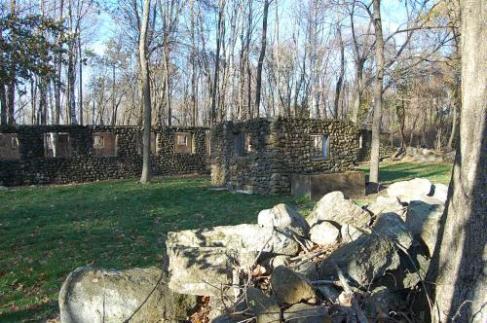Do You Have What It Takes to be Public History?
Public history ranges from memorials, to museums, to libraries, to historic homes (mount Vernon), and in the modern day to online archives. Public history offers a ton of information about ones town, city, state and how it affected others. Public history in the most literal sense, is everywhere. Public history could even be the oldest tree in your local park with hundreds of names carved onto it. While that may be considered public history in general, it is not the type of public history that is chosen to be in museums because perhaps, it is not deemed the most important.
Public history memorials and museums are generally dedicated
to the large world events and how the town, city or state played a role. For example, a memorial dedicated to those of the town who lost their lives in the Vietnam or Korean War.
In my personal opinion, believe that the recognition of public history depends on how “in-tact”, well known, or still present the site is. For example, would Lucy Stone’s historical site be recognized if her house had completely burned to the ground? Her site, located in West Brookfield, MA, shows what very little is left of her home after a brutal fire took it down. All that is left is the stone foundation and walls. If there was nothing to show, how could we be certain that this historical event would have even been remembered throughout the years? Or if there weren’t anything left, would the town have even invested money into in to establish a sign for it? With that being said, I think that first and foremost, public history is more of a location than a method.
My point is that there is probably a plethora of public history that we do not know about because it could not be deemed important enough, or could not have a still standing landmark. I see myself as a public historian in the sense that because I study history, it is my job to discover these unnoticed public histories as I conduct my research. Perhaps I am a public historian when I give my opinion or find continuity in something historical. I suppose I will be an official public historian when I am a teacher. Then I will have more of a voice and input into society. Public history does a wonderful duty by bringing to life the history of individual places, however it challenges how history is told because the events chosen have to be “important enough” to be recognized and invested in.
Side Note: The picture above is of Lucy Stone’s home today.
